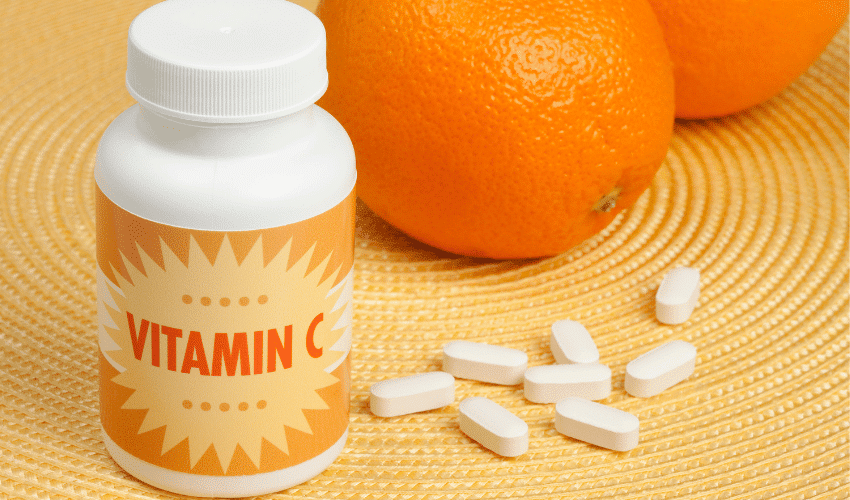4. Vitamin C Deficiency

Vitamin C, also known as ascorbic acid, is vital for the absorption of iron in the body. It enhances the absorption of non-heme iron (the type of iron found in plant-based foods) by reducing it to a more soluble form, making it easier for the body to absorb and utilize. A deficiency in vitamin C can contribute to hypochromic microcytic anemia by hindering the body’s ability to absorb and use iron efficiently.
Vitamin C deficiency can result from inadequate dietary intake, malabsorption disorders, or increased demands during periods of rapid growth, pregnancy, or lactation. It’s essential to incorporate vitamin C-rich foods such as citrus fruits, berries, kiwi, and bell peppers into your diet to prevent and treat vitamin C deficiency anemia. In some cases, vitamin C supplementation may be recommended under a healthcare professional’s guidance.
Additionally, it’s important to note that smoking, certain medications, and some chronic illnesses can increase the body’s requirement for vitamin C. In such cases, it’s crucial to discuss dietary and supplementation needs with a healthcare professional to optimize vitamin C levels and support overall health.